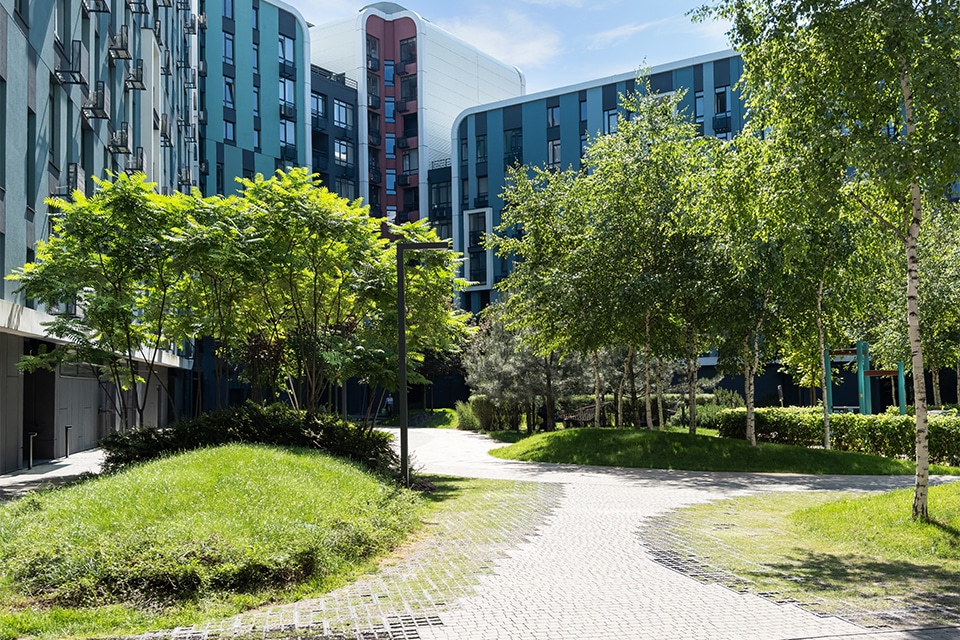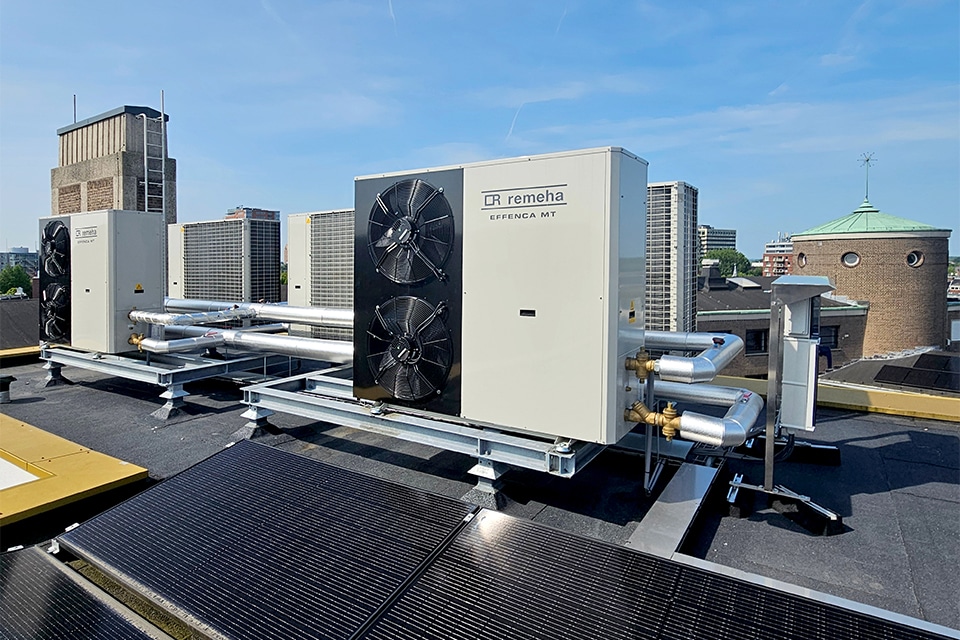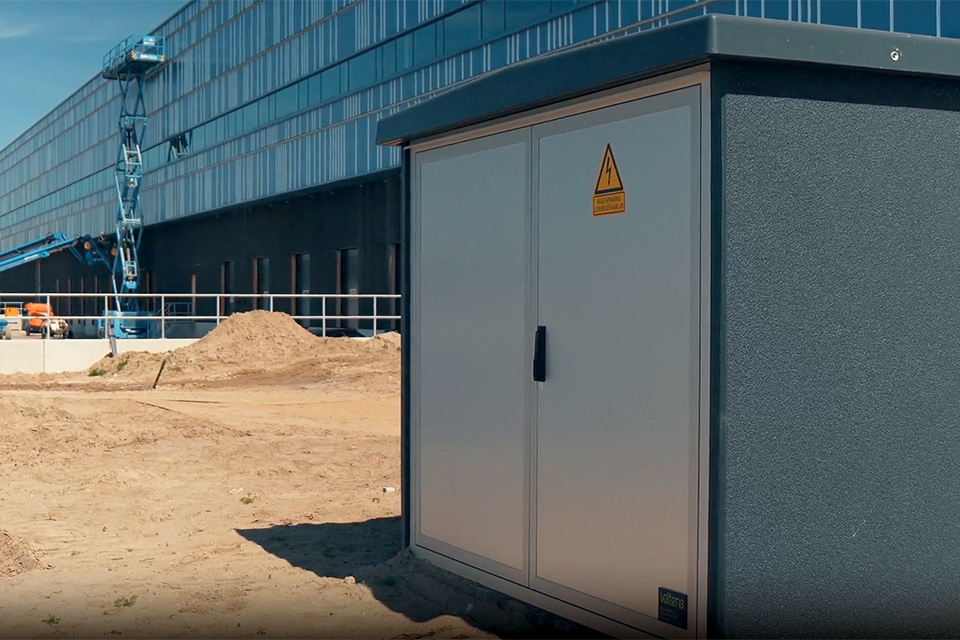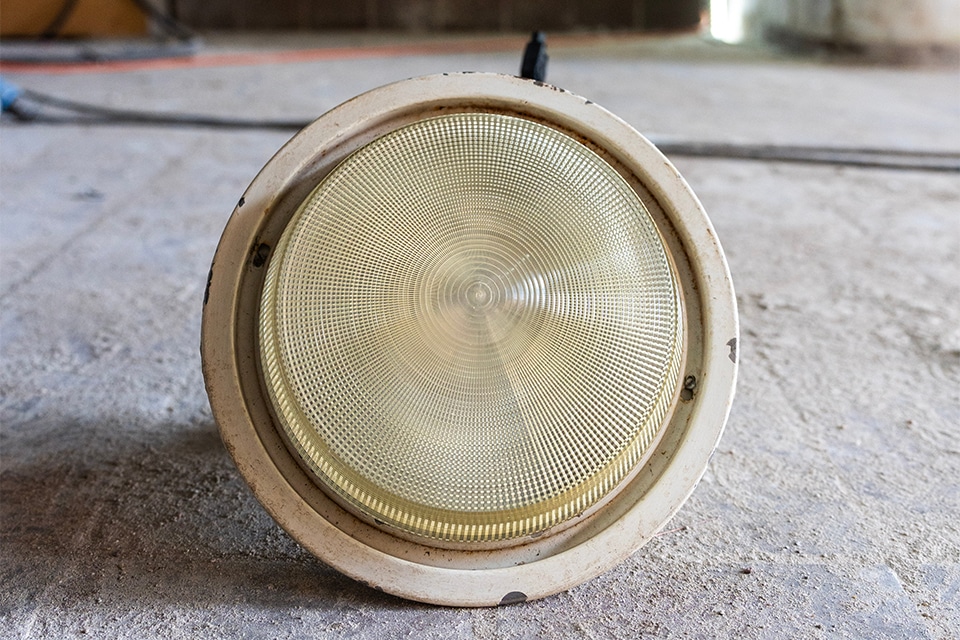
Improvising and switching for Fresh Schools
There are several roads that lead to Rome
Finally, the movement to help as many schools as possible achieve a healthy learning environment seems to be gaining momentum. "The SUVIS effect is taking off, but don't expect everyone to be helped this summer. Shortages of technical staff, crowded schedules among installers and a lack of materials and parts is causing school boards to be patient."

Speaking is Wouter Wijma, managing director of Ned Air, a leading manufacturer of air conditioning systems including a solid specialization in systems for school buildings. "On April 30, the second tranche of the SUVIS scheme closed and of the €198 million made available from the first two tranches, over €169 million has been awarded from 1,087 applications. We are finally seeing that reflected in applications and orders, so we are running full steam ahead and will be tackling many schools in the Netherlands."

Multiple roads to Rome
Still, Wijma wants to temper optimism somewhat. "There are still schools and municipalities that think we can get started as early as this summer. We all know there are shortages of personnel among installers and of parts and materials. First it was aluminum and steel, now it's back to specific insulation materials and plastic for injection molding. There is also still a shortage of chips and electronics. For us, that means buying on time and switching quickly. We have good contacts with sister companies such as Ubbink, which helps us out with the plastics. There are several roads that lead to Rome and if you can improvise well, you can get a long way. For example, we equip a number of climate units with different types of fans than usual. In this way the customer still has the desired climate installation, only instead of the German fan there is a fine Italian one."
Distribution
So Ned Air is doing everything it can to get as many schools delivered as possible, but whether that will succeed in the summer remains to be seen. Wijma: "Delays in the supply chain have a knock-on effect on the customer. And with us the order is simple and fair: first come, first served. That is why I advise schools to stagger the approach to the climate installations, for example to the autumn vacations. For most school boards, this is not an insurmountable problem."
EduComfort
At least production at Ned Air is running at full speed. The decentralized Ned Air EduComfort 1000 has received an upgrade, making it fully serviceable without having to remove the unit from the ceiling. "This is even more our flagship unit for schools," Wijma emphasizes. "With a noise level of no more than 33 dB(A), it is one of the quietest units on the market, made to German standards and suitable for Fresh Schools Class B. In addition, we are in the process of marketing the Ned Air EduComfort 675, the first of which have been sold and will be delivered this summer. For buildings realized before April 1, 2012, this is an excellent solution to achieve Fresh Schools Class C. The 675 is also suitable for special education and smaller classrooms. From Belgium there are already more than a hundred in application, which is not so strange, because the requirements for schools are lower in Belgium and also in Germany than here. I therefore expect a lot from exports in particular."
Minus
The difference in capacity is an interesting issue anyway. Wijma concludes: "We are involved in a study with TU Eindhoven and other market parties, which raises the question of the usefulness of a lot of extraction capacity in classrooms. Why extract 950 cubic meters per hour when you could probably do with 600 cubic meters per hour? Not only does this save on noise pollution, but it can also significantly reduce the investment schools have to make to ensure a healthy learning environment. We are also very curious to see what will come out of this study."




